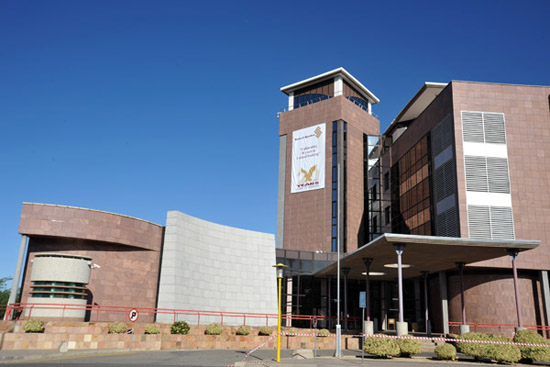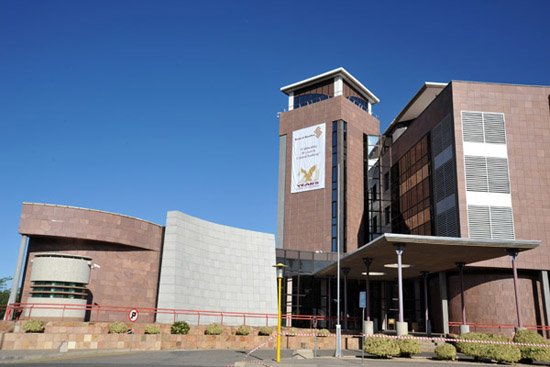
The Southern African country of Namibia has pledged to reduce a substantial portion of its debt to the tune of $750 million.
- Namibia pledged to reduce $750 million of its debt via a Eurobond issued in 2015.
- The bond redemption combines domestic bank loans and funds from a sinking fund managed by Namibia’s central bank.
- Post-repayment, Namibia’s foreign reserves are estimated to decrease from N$54.7 billion to N$47 billion.
- Approximately 85% of Namibia’s debt is domestic, and the finance minister stated there are no plans for future Eurobond issuance currently.
Namibia’s Finance Minister Ericah Shafudah made the country’s debt plan known, noting that Namibia will pay back its largest single-day debt obligation via a $750 million eurobond.
DON’T MISS THIS: Namibia’s push to become an oil-producing country by 2030 is on pause – here’s why
“The redemption exercise we are about to conclude today enhances our creditworthiness and positions us favorably for potential future engagements in the global capital markets if circumstances warrant,” Shafudah said in the capital, Windhoek, on Wednesday.
The bond that the country intends to use to cut its debt was issued back in 2015 and will be paid through domestic bank borrowing and savings in a sinking fund, which is a fund set aside for debt repayment.
The note was issued by the government with a 5.25% coupon rate, as seen on Bloomberg.
The sale’s proceeds were utilized to support the budget, fund development projects, and finance infrastructure, notably highways.
According to the Bank of Namibia, repaying the country’s loans will push down foreign reserves from N$54.7 billion at the end of September to roughly N$47 billion ($2.7 billion) by the end of the year.
The entire value of government debt during the period is $176.3 billion, or 63% of GDP.
As seen on CNBC, the country’s finance minister revealed that 90% of Namibia’s foreign debt is now denominated in South African rand, and the financial structure is currently 85% domestic and 15% external.
SEE ALSO: Namibia is set to draft a new space bill
“When the time comes, we will tell you. But for now, we don’t have that one in our plan,” she said regarding the possibility of future Eurobond issuance.
The Eurobond repayment was mainly financed in-house, with $306 million raised from financial institutions such as Standard Bank Namibia, First National Bank Namibia, and Bank Windhoek in collaboration with Absa, and $444 million coming from a sinking fund managed by the Southern African country’s central bank.












